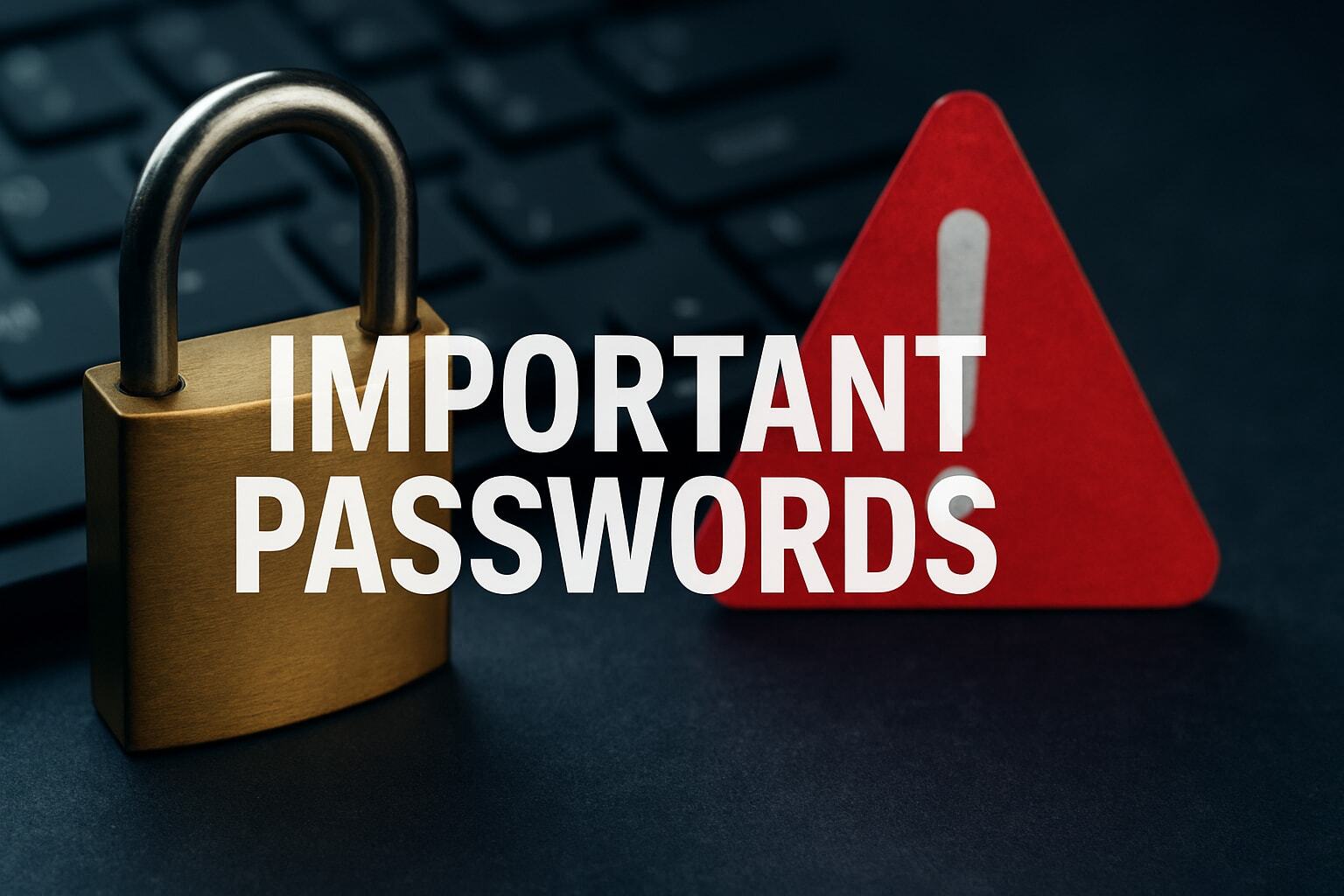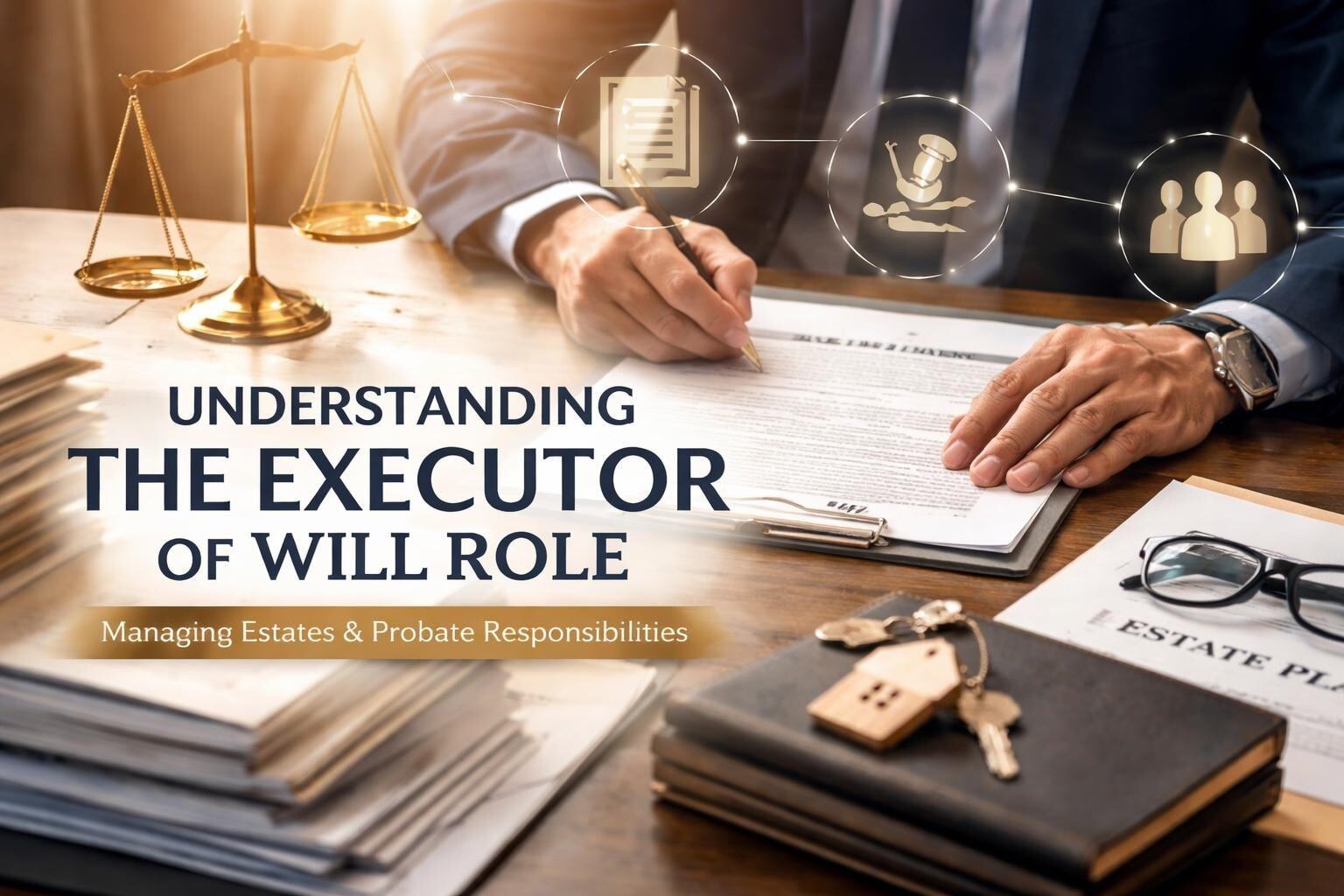8 Essential Important Passwords Everyone Should Secure in 2025
Cyber threats and data breaches are rising rapidly in 2025, affecting individuals and organizations worldwide. Strong password security has become the first line of defense for protecting both personal and professional data. When important passwords are compromised, the consequences can be severe, including identity theft and significant financial loss. This article aims to guide you through the 8 essential important passwords you must secure in 2025. We will cover passwords for financial accounts, email, device logins, and more, helping you safeguard your digital life.
Why Password Security Is More Critical Than Ever in 2025
Cyber threats are accelerating at an unprecedented pace in 2025. Recent data shows a dramatic increase in cyberattacks targeting individuals and businesses alike. According to industry reports, credential theft has surged by 160 percent this year, underscoring the urgent need to safeguard your important passwords. The risk is no longer limited to large corporations—every digital user is now a potential target.
Hacking techniques have evolved rapidly. Cybercriminals now leverage AI-powered brute force attacks that can crack millions of password combinations in seconds. This emerging technology makes it easier for attackers to bypass weak or reused important passwords, putting sensitive information at risk.
Our daily lives are more connected than ever. From banking and work to social media and healthcare, digital platforms play a central role in both personal and professional spheres. Each account relies on important passwords as the first barrier against unauthorized access. The more accounts you have, the greater the risk if even one password is compromised.
Multi-factor authentication (MFA) has become a standard security layer. However, even MFA can be undermined if important passwords are weak or frequently reused. Attackers often use compromised credentials to initiate password resets, bypassing additional security measures.
Real-world breaches highlight the consequences of poor password practices. High-profile incidents in recent years have exposed millions of users due to simple, easily guessed, or reused important passwords. The fallout often includes financial loss, identity theft, and long-term reputational damage.
Password fatigue is a growing problem. With so many accounts to manage, users are tempted to recycle the same important passwords across different services. This habit provides cybercriminals with a single point of failure, increasing the likelihood of widespread compromise.
Regulatory frameworks like GDPR and CCPA now require organizations to implement strong authentication measures. These regulations aim to protect user data, but they also place responsibility on individuals to manage their important passwords securely.
Proactive password management is essential for everyone, not just IT professionals. Regularly updating important passwords, using password managers, and staying informed about new threats can help protect your family and your digital life from evolving risks.
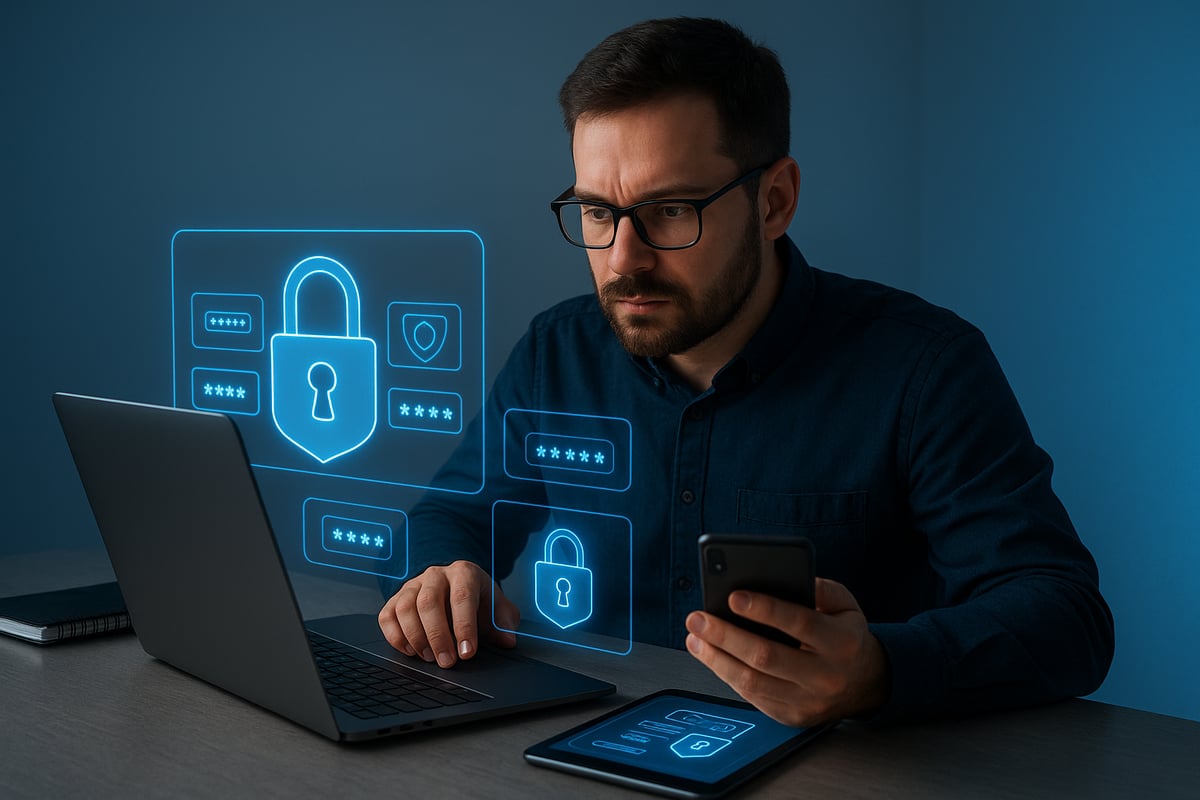
8 Essential Important Passwords Everyone Should Secure in 2025
In 2025, cyber threats are more sophisticated than ever, making it vital to identify which accounts need the strongest protection. Securing the most important passwords is your first defense against data breaches, identity theft, and financial loss. Below, we break down the eight essential password types everyone must secure, with actionable strategies and real-world examples to guide your digital safety efforts.
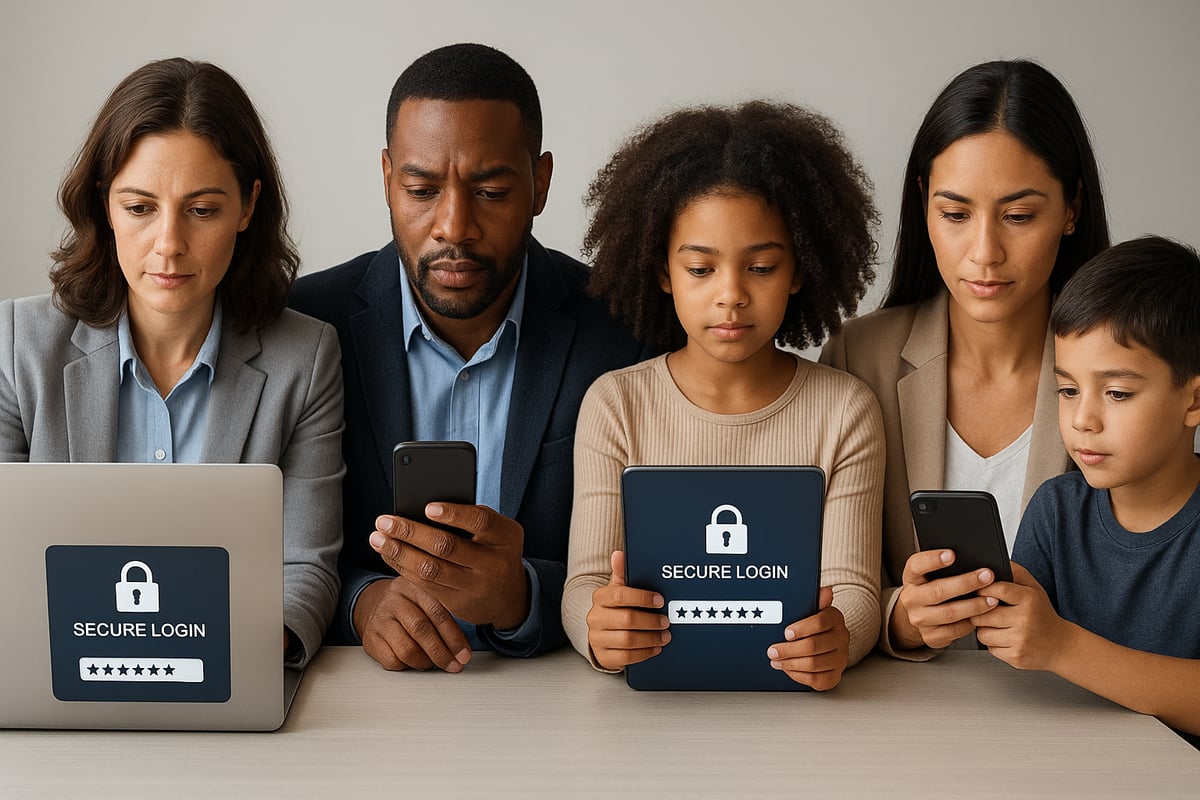
1. [Email Account Passwords]
Email accounts are the cornerstone of your digital identity. They serve as the gateway to most online services, including banking, shopping, and social media. When hackers gain access to your email, they can initiate password resets for other accounts, quickly compromising your entire digital ecosystem.
Recent breach statistics reveal that platforms like Gmail and Outlook have seen millions of accounts targeted each year. Attackers use phishing, brute force, and credential stuffing to exploit weak or reused passwords. This highlights why securing email as one of your most important passwords is essential.
Best practices include:
- Creating unique, complex passwords for each email account.
- Enabling two-factor authentication (2FA) to add an extra layer of security.
- Regularly reviewing account activity for unauthorized access.
- Avoiding password reuse across multiple accounts.
Email is often used for account recovery, so its compromise can have a domino effect. Prioritize this among your important passwords and update it regularly. Consider using a password manager to store and generate strong credentials. For in-depth strategies, see Protecting Your Passwords.
2. [Banking and Financial Account Passwords]
Your banking and investment accounts hold sensitive financial information and assets, making them a prime target for cybercriminals. In 2025, attacks on financial accounts, such as phishing and credential stuffing, are on the rise, with fraud losses reaching record highs.
Recent breaches at major banks have exposed millions of records, illustrating the high stakes involved. Weak or reused passwords are often the entry point for attackers, emphasizing why these are among your most important passwords.
To secure your financial accounts:
- Use long, random passwords that are unique to each institution.
- Enable multi-factor authentication (MFA) for all financial services.
- Monitor account activity and set up alerts for suspicious transactions.
- Change passwords immediately after any suspected breach.
Storing financial passwords securely in a password manager and regularly updating them helps protect your assets and peace of mind. Remember, vigilance with important passwords in the financial sector can prevent devastating losses.
3. [Social Media Account Passwords]
Social media platforms are rich sources of personal information, making them attractive to hackers. Compromised accounts can lead to identity theft, scams, and reputational harm. With many users linking multiple apps to their profiles, a single breach can cascade across platforms.
Notable incidents, such as mass account takeovers on Twitter and Facebook, demonstrate the risks of weak social media passwords. Attackers often exploit reused credentials or simple passwords.
To safeguard your important passwords for social media:
- Use a different, complex password for each platform.
- Update passwords regularly, especially after hearing about breaches.
- Review third-party app permissions and revoke access when not needed.
- Enable login alerts and privacy settings to detect suspicious activity.
By treating your social media logins as important passwords, you can prevent unauthorized access and protect your online reputation.
4. [Device and Computer Login Passwords]
Your devices—laptops, smartphones, and tablets—hold vast amounts of personal and professional data. If a device password is compromised, attackers can bypass other security layers and access sensitive files, emails, and accounts.
Stolen or lost devices often lead to data exposure, especially when passwords are weak or predictable. Strong device passwords, PINs, or biometrics are critical components of your important passwords strategy.
Best practices include:
- Setting a unique password or PIN for each device.
- Using biometrics (fingerprint, facial recognition) where available.
- Enabling device encryption for data protection.
- Setting automatic lock screens to minimize risk if the device is unattended.
Handle password resets securely and avoid sharing device credentials. By prioritizing device logins as important passwords, you reduce the risk of unauthorized data access.
5. [Cloud Storage and Backup Account Passwords]
Cloud services such as Google Drive, Dropbox, and iCloud are now integral to storing both personal and professional files. Weak cloud storage passwords put your critical data at risk of leaks, ransomware, or permanent loss.
Real-world breaches, including unauthorized access to celebrity photo archives and corporate documents, underscore the importance of strong cloud credentials. These accounts are among the most important passwords to protect.
Tips for cloud account security:
- Create unique, lengthy passwords for each cloud provider.
- Enable MFA to prevent unauthorized logins.
- Regularly monitor account activity for unfamiliar access.
- Review and remove unused shared links or collaborators.
Protecting your important passwords for cloud storage ensures your files remain private and safe from evolving cyber threats.
6. [Work and Business Account Passwords]
Work and business accounts, including email, collaboration tools, and VPNs, are frequent targets for cyberattacks. A single compromised business password can expose sensitive company data, disrupt operations, and damage reputations.
High-profile breaches often trace back to weak employee passwords or poor password hygiene. Organizations are increasingly implementing IT policies to enforce strong practices. For individuals, these are among the most important passwords to manage carefully.
Recommendations:
- Use unique, complex passwords for each business platform.
- Store credentials in an approved password manager.
- Participate in regular password audits and security training.
- Follow company guidelines for password creation and updates.
Managing your important passwords at work is not just about protecting your role, but also safeguarding your organization’s entire digital ecosystem.
7. [Healthcare and Medical Portal Passwords]
Healthcare and medical portals contain some of your most confidential information. The healthcare sector has seen a surge in cyberattacks, with patient records being stolen and sold on the dark web.
Medical identity theft can lead to fraudulent insurance claims and compromised care. Weak passwords are often the culprit, making these among the most important passwords for personal protection.
Actionable steps:
- Use a unique, strong password for each healthcare portal.
- Enable MFA if offered by your provider.
- Monitor account access and update passwords regularly.
- Review recent login history for suspicious activity.
Learning from recent healthcare breaches, it is clear that treating medical logins as important passwords is essential for safeguarding your privacy and well-being.
8. [Online Shopping and Payment Account Passwords]
With the rapid growth of e-commerce and digital payment platforms, online shopping accounts are frequent targets for fraud. Hackers seek stored payment information, order history, and personal details.
Breaches at major shopping sites like Amazon and PayPal have exposed millions of users. Weak or reused credentials are a common factor, underlining the need to treat these as important passwords.
To secure your shopping and payment accounts:
- Use a different, complex password for each platform.
- Enable purchase alerts and review account activity regularly.
- Remove saved cards and addresses you no longer use.
- Be cautious about sharing login information, even with trusted individuals.
By making your shopping credentials part of your important passwords strategy, you reduce the risk of financial loss and identity theft.
The Consequences of Neglecting Password Security
Neglecting the security of important passwords can have far-reaching and devastating effects. In today's digital world, these passwords are the keys to your identity, finances, and reputation. Failing to protect them places your most sensitive information at risk, opening the door to a host of threats that can impact every aspect of your life.
The consequences of weak or reused important passwords often begin with a single breach. Once one account is compromised, cybercriminals can use that access to infiltrate other connected accounts, leading to a domino effect. This chain reaction is increasingly common, as recent reports show a 160 percent surge in credential theft in 2025. These attacks highlight how one overlooked password can undermine your entire digital presence. Learn more about the latest statistics in this credential theft surge in 2025 report, which underscores the growing importance of robust password practices.
The fallout from compromised important passwords is not just financial or technical. Victims often experience significant emotional and psychological distress. The feeling of violation, loss of control, and anxiety about further attacks can linger long after the initial breach. People may find it difficult to trust online platforms again, impacting their confidence and peace of mind.
Recovering from the misuse of important passwords can be a lengthy and costly process. According to cybersecurity industry data, individuals spend an average of 200 hours and several thousand dollars restoring their identity and regaining access to accounts after a breach. The long-term costs can include ongoing credit monitoring, legal fees, and the challenge of repairing a tarnished reputation. Here is a quick summary of the most common losses:
|
Consequence |
Average Cost |
Recovery Time |
|---|---|---|
|
Financial Loss |
$2,500 |
2-6 months |
|
Identity Theft |
$3,800 |
3-12 months |
|
Reputation Damage |
Varies |
Up to 1 year |
Early detection and rapid response are critical when important passwords are compromised. Monitoring for suspicious activity, enabling account alerts, and updating credentials immediately can minimize the damage. Ultimately, the best defense is a proactive approach—secure your important passwords, stay informed about current threats, and take action before a breach occurs.

Best Practices for Managing and Protecting Your Passwords in 2025
Protecting your important passwords has never been more urgent. As cyber threats become more sophisticated, individuals and families must prioritize how they manage and secure their important passwords. Even a single weak password can put all your digital assets at risk.
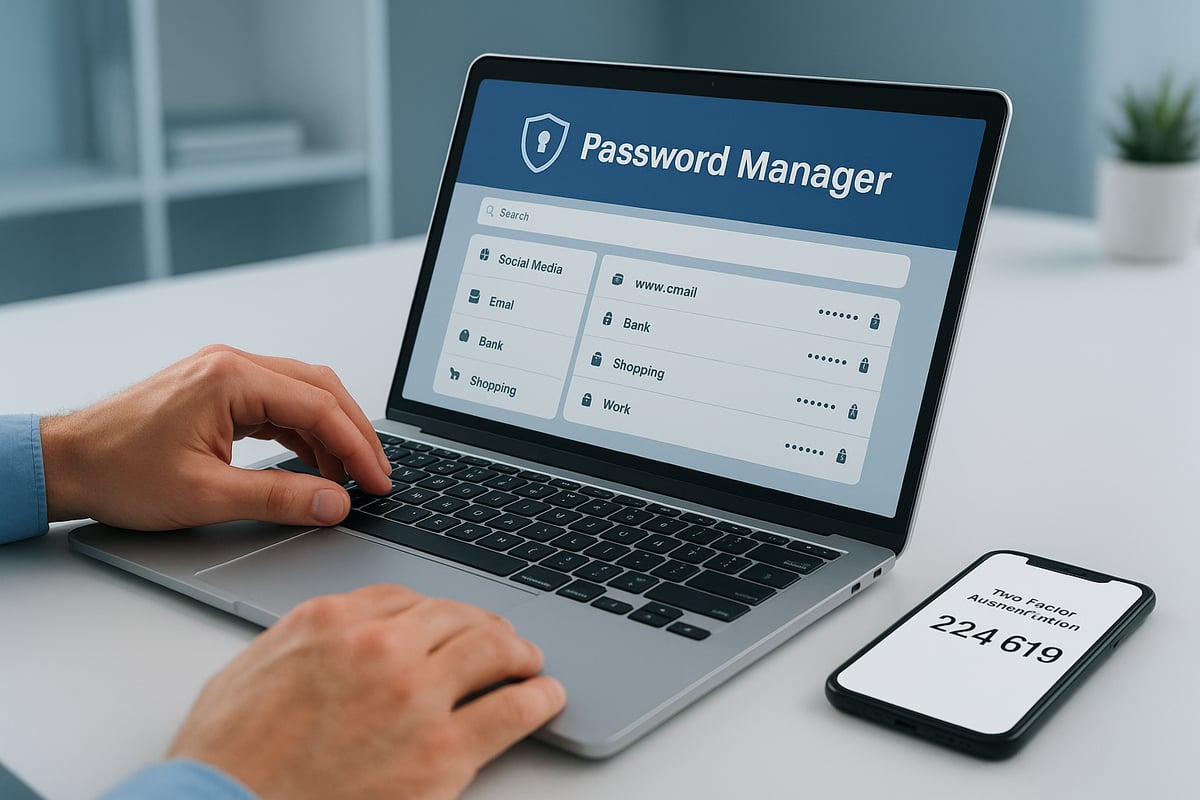
Use a Password Manager for Secure Storage
One of the most effective ways to protect your important passwords is to use a trusted password manager. These tools generate, store, and autofill complex passwords for every account, reducing the temptation to reuse or write them down.
|
Method |
Security Level |
Convenience |
Risk of Human Error |
|---|---|---|---|
|
Password Manager |
High |
High |
Low |
|
Manual Storage (notes, paper) |
Low |
Low |
High |
Storing credentials in a secure digital vault also protects against ransomware and unauthorized access. Learn more about why secure storage solutions matter for digital credentials.
Create Strong, Unique Passwords for Every Account
Each of your important passwords should be unique and difficult to guess. Avoid using personal information or common words. Instead, use a mix of uppercase, lowercase, numbers, and symbols.
-
Consider passphrases for added strength.
-
Change passwords immediately if you suspect a breach.
-
Never reuse passwords across multiple sites.
For the latest guidance, see these password management best practices for 2025.
Enable Multi-Factor Authentication and Audit Regularly
Multi-factor authentication (MFA) adds a critical layer of defense for your important passwords. Always enable MFA wherever possible. Regularly review your account activity and update passwords at least once a year, or sooner if prompted by a security alert.
- Set calendar reminders for password audits.
- Remove old or unused accounts.
Recognize Phishing Attempts and Share Passwords Safely
Be vigilant about phishing emails and suspicious links. Never share your important passwords over unsecured channels like email or text. If you must share, use a secure, encrypted method and change the password afterward.
With the rise of passwordless authentication, such as biometrics and security keys, the future of important passwords may shift. However, until these technologies are universal, proactive management remains essential.
After learning how vital it is to secure your most important passwords in 2025, you can see just how much is at stake for you and your loved ones. Keeping all your passwords and critical documents organized and protected shouldn’t be overwhelming. With IronClad Family’s secure digital vault, you can confidently store your essential information and ensure it’s always accessible when you need it most. Take the first step toward complete digital peace of mind—your future self will thank you for it.

Sahar Lester
Sahar Lester is the Founder and CEO of IronClad Family, a company dedicated to helping families and businesses safeguard their most valuable assets through secure digital vaults. With a master’s degree in Security Technologies from the University of Minnesota and experience spanning cybersecurity, leadership, and international commerce, Sahar bridges the gap between innovation and protection. She also serves as an adjunct professor at Metropolitan State University, mentoring the next generation of cybersecurity professionals.

